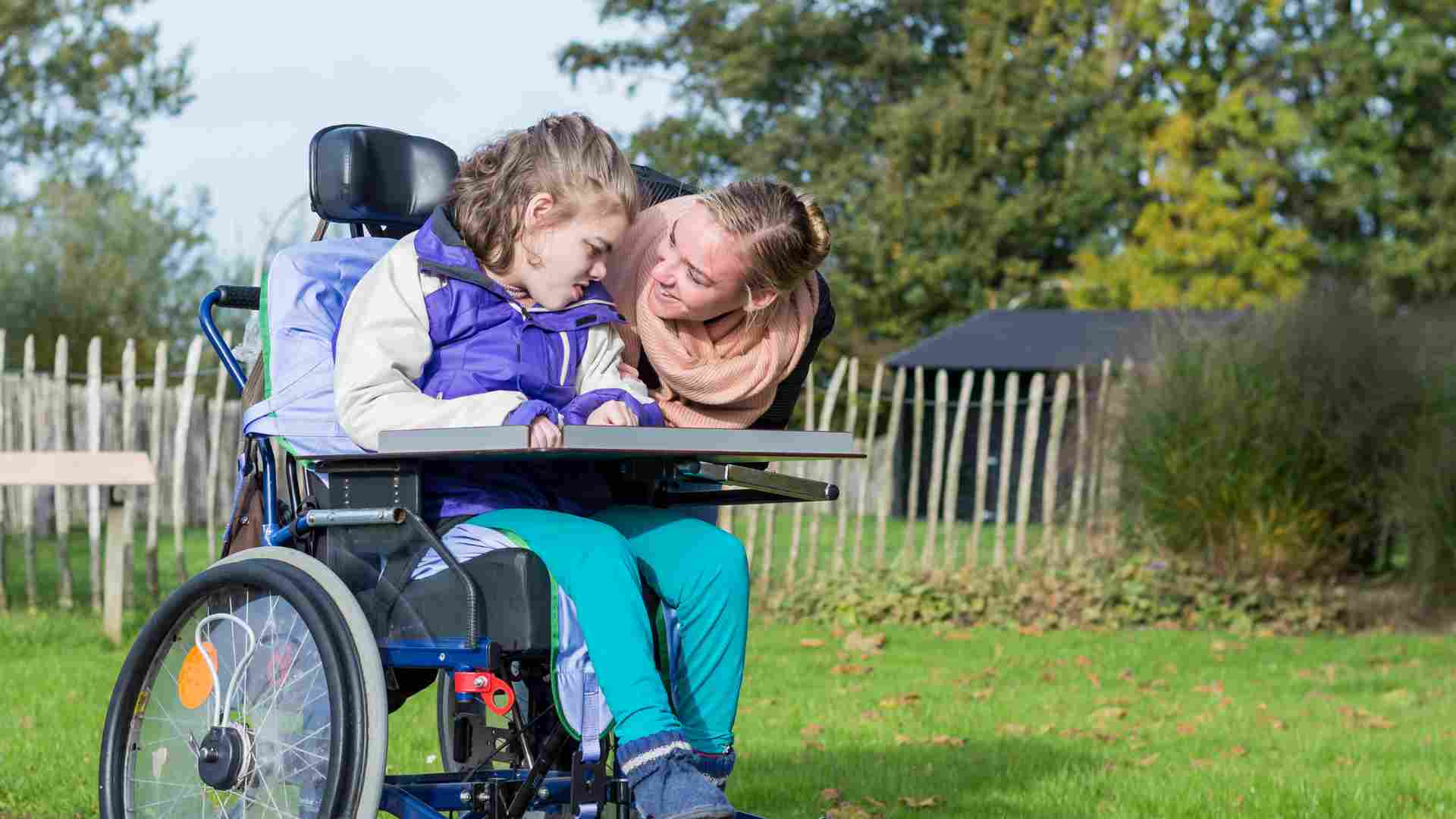Divorce is an undeniably significant life event, marking not just the end of a marriage…
How do I include my Grandchildren in my Estate Plan?
Grandchildren are often on the minds of those doing estate planning; learn the best strategies for including them in your plan.
For minor grandchildren
If grandchildren are still minors, you may wish to help ensure they are provided for financially. Even if you have other assets you would like to pass to grandchildren, you may want to consider them when you choose your life insurance coverage. You might also want to plan to help cover the cost of college education through insurance, or to provide for grandchildren into adulthood, as well.
Trusts can be especially beneficial for minor children, as they allow more control of the assets, even after your death. By setting up a trust, you can state how you want the money you leave to your grandchildren to be managed, the circumstances under which it can be distributed, and when it should be withheld. You can also determine if your grandchildren will be able to control the money at a certain age as either co-trustees or full owners.
Trusts
Trusts with distinct benefits for grandchildren
Generation-skipping trusts can allow trust assets to be distributed to non-spouse beneficiaries two or more generations younger than the donor without incurring GST tax.
Credit shelter trusts make full use of each spouse’s federal estate tax exclusion amount to benefit children or other beneficiaries by bypassing the surviving spouse’s estate.
Irrevocable life insurance trusts (ILITs) purchase life insurance policies to provide immediate benefits upon death that do not usually pass through probate.
A trust can also be an effective tool for transferring assets to an adult grandchild, while reducing estate taxes and allowing your influence on the assets even after you have passed away. A simple revocable trust or irrevocable trust may suit your needs, or you may want to consider one of the trusts with distinct benefits for grandchildren, listed at the right.
Retirement plans
Since only spouses have the option of rolling your retirement plan assets into their own IRAs, grandchildren will generally be required to begin taking required minimum distributions (RMDs) soon after your death based on their age—and to pay the associated income taxes.
Additionally, your retirement plan assets will be included in the federally taxable value of your estate. This results in estate tax liability when you pass away (unlike leaving the assets to a spouse, which allows you to take advantage of the unlimited marital deduction).
Although IRAs have no special provisions for naming grandchildren as beneficiaries, your options for grandchildren include:
- Name grandchildren individually; if any pass away prematurely, the assets will be divided equally among the rest.
- Choose “Per stirpes,” which means that if one of your children passes away before you do, their share will automatically go to their descendants.
- Name grandchildren “contingent beneficiaries,” if, for example, you want to name your spouse as the primary beneficiary and your children are financially secure. If your spouse passes away before your IRA is transferred, then the assets would go to your grandchildren.
As always, if you want to name grandchildren as IRA beneficiaries, make sure your designations are up to date.
To learn about the options your grandchildren (and other non-spouse beneficiaries) will have when inheriting an IRA, see If you are a non-spouse IRA beneficiary in Fidelity Viewpoints®.
The rules for 401(k)s and other qualified retirement plans are similar to those for IRAs. If you are married and you want to designate beneficiaries—such as grandchildren—other than your spouse, you may need written consent from your spouse.
Otherwise, retirement plans follow roughly the same guidelines for what is taxable, but other features will vary from plan to plan. Contact the plan’s administrator for specific rules governing your plan.
Special needs grandchildren
For any grandchildren or other beneficiaries who may be unable to care for themselves as adults, you may want to help ensure they have the care and oversight they need for their lifetimes.
If they are unable to make a living for themselves, leaving them assets and making them beneficiaries of life insurance are both options. Trusts can be useful in either case, to help ensure the money is spent properly if they are unable to make spending decisions on their own.
Next step
Estate planning strategies by asset
Consider what kinds of assets you’ll leave to beneficiaries and the top estate planning concerns for each situation.
Read more related articles at:
6 Ways You Can Set Up Savings for Your Grandchildren
What’s the best way to invest money for my grandkids?
Also read one of our previous Blogs at :
Can 529 College Savings Plans Be Used Now in Estate Planning?



